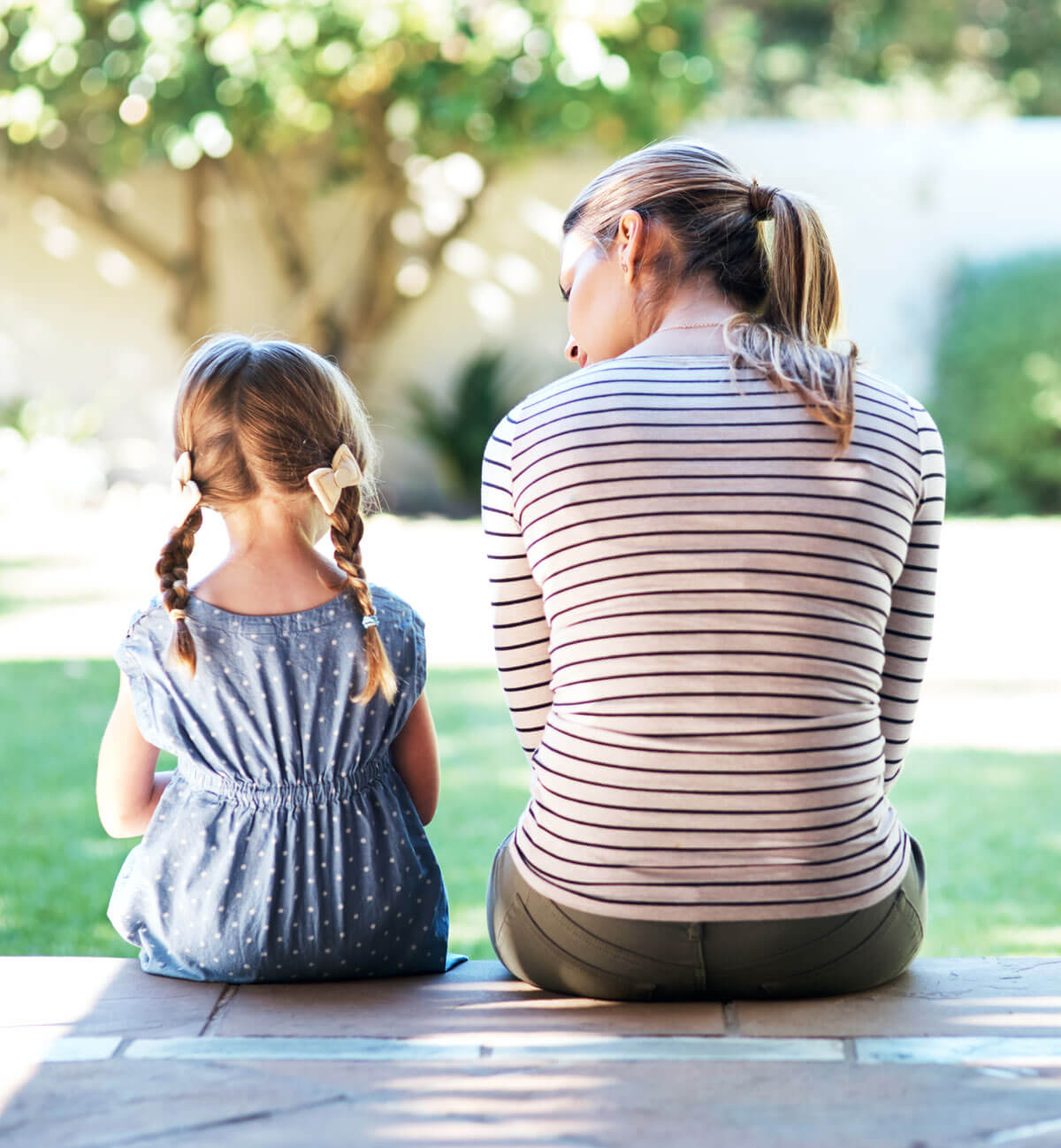As a parent, you want to know your child can navigate social situations with relative ease and enough confidence. You want the other children to want to invite your child to their birthday parties, and the neighbourhood children to want your child to come play. And when unfair situations arise, you’d like your child to do the fair thing and to remain calm.
As children learn the social dynamics and the unsaid social rules of engagement, it can be devastating to watch your child experience group dynamics, social conflict or even social exclusion.
Research on children’s confidence and long term resilience shows that quality of friendships is a far better predictor of success than quantity. In fact having one quality friend is enough to predict resilient outcomes.
How can you help foster this for your child? Start with planning one playdate. Keep this playdate shorter than you might be inclined to. The idea is to have a successful experience for both children involved. If your child has some natural interests in science, or boardgames, a particular spot, or movies, plan the playdate around something that comes easily to your child.
After the play date, debrief with your child. Let them know what you noticed they did well, and ask them about how the other child may have felt, to understand how they read social situations. Encourage reflection on the impact of their behaviours (for e.g. whether it was withdrawn or overly excited) on their friend.
When a few shorter structured playdates are successful, you will feel comfortable to extend the length of playdates and to step back from monitoring. Your child will be ready to navigate this friendship with more confidence.


